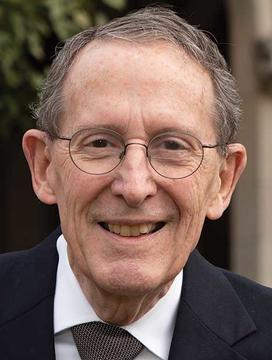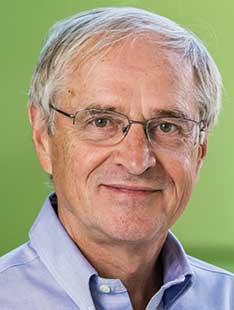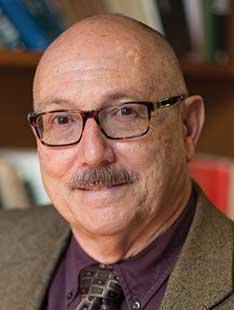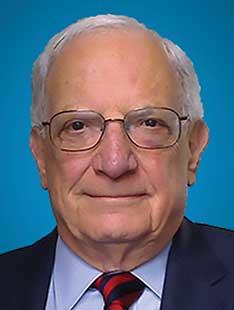Photo: Denise Applewhite, Princeton University/Office of Communications
ERIC F. WOOD, a distinguished hydrologist in the civil and environmental engineering department, died Nov. 3. He was 74. Wood joined the Princeton faculty in 1976 and four years later became director of the University’s Water Resources Program. In a biography prepared in 2019, the year he became emeritus, colleagues described Wood’s extensive research collaborations, including work with NASA to employ satellite remote sensing in gathering hydrology data. The American Geophysical Union honored Wood’s contributions to his field with the Robert E. Horton Medal in 2017.
Photo: Denise Applewhite, Princeton University/Office of Communications
Photo: Roundtable on Ethnic Relations









1 Response
G. Wayne Glass ’68
4 Years AgoKassof: ‘A Genuine Peacemaker’
I was deeply saddened to read of the passing of Professor Allen Kassof in the January edition of PAW (On the Campus). As a Russian-studies specialist during my undergraduate years in the 1960s, I was hungry to get behind the Cold War headlines of the day and learn more about the Russian people and their society. In his groundbreaking course on Russian sociology, Professor Kassof peeled back the layers and gave me my first look inside a world to which few Americans had any exposure. When the Soviet Union dissolved in the early 1990s, Professor Kassof’s insights into Russian society quickly became reality. By that time, I was closely involved as a Senate policy adviser in matters regarding U.S.-Russian nuclear-security cooperative efforts, and Dr. Kassof’s course opened many doors and facilitated important joint actions to keep the nuclear genie at bay.
As PAW indicated, Allen Kassof was dedicated to crossing great divides in global societies. He directed the student-scholar exchange program known as IREX during the height of the Cold War. He directed and participated in negotiations on ethnic conflict in Eastern Europe from the Baltics to the Balkans. As for Old Nassau, he crossed the “gender Rubicon” by leading the first platoon of female Critical Languages students onto the still all-male Princeton campus of that day. I owe much of my careers in Washington and college classrooms to Allen Kassof — he was truly an inspiration and a genuine peacemaker.
Editor’s note: The author is a professor emeritus at the University of Southern California’s School of International Relations.